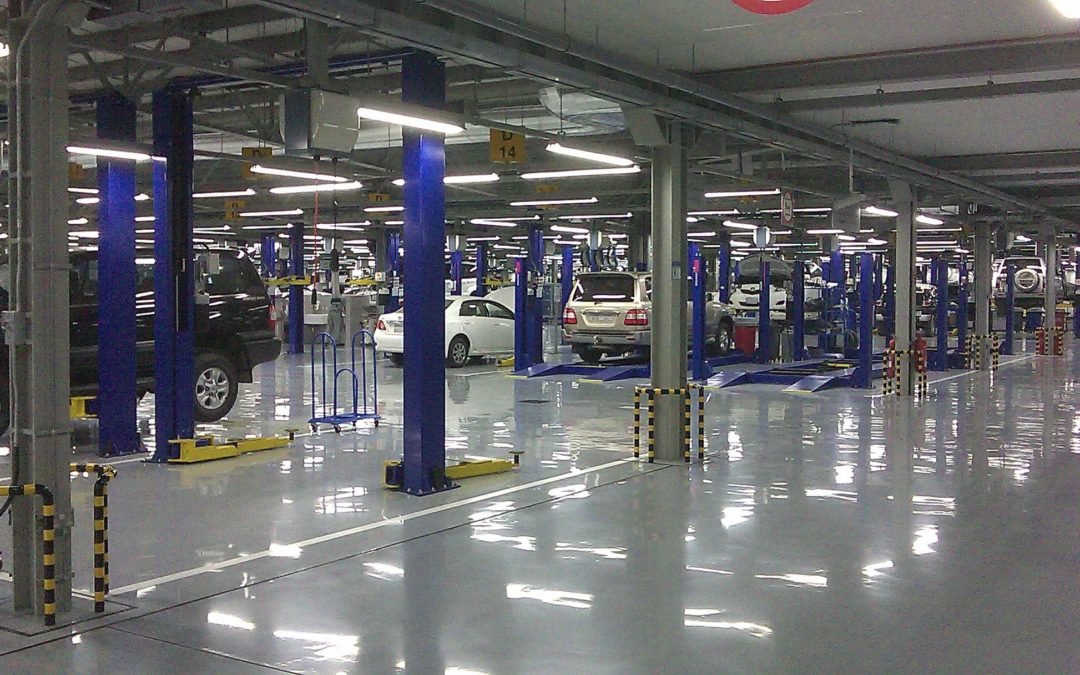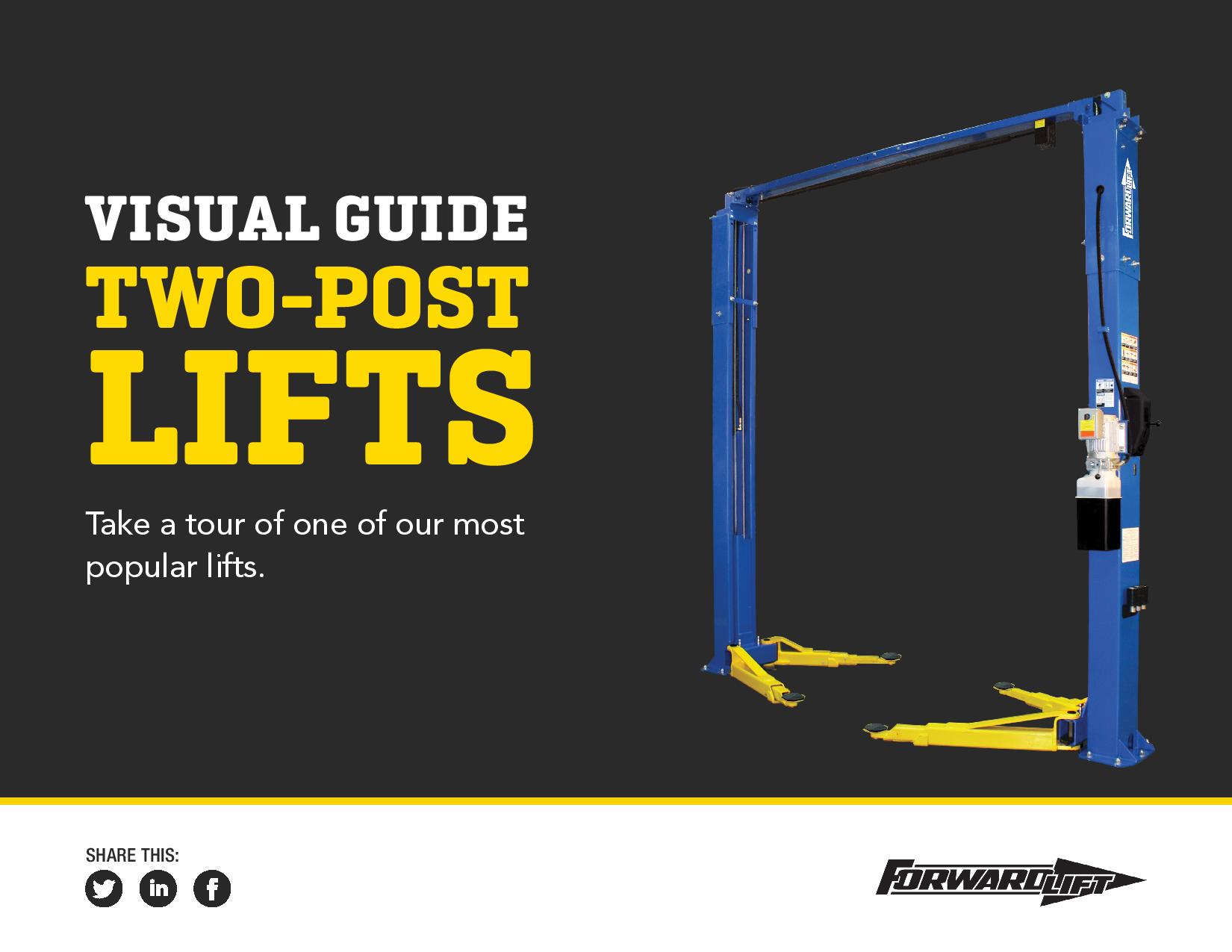There are a lot of lift possibilities available. So how are you supposed to narrow your search to a lift that will serve your particular shop’s needs? First, you need to understand your shop’s limitations. Does your bay have height or footprint limitations? What kinds of vehicles do you typically service? What kinds of services do you perform? Do you want to expand the kinds of vehicles or the types of service? And, of course, the most important question of all: what’s your budget?
The answers to those questions should narrow your options to a few possibilities. But then what? Well, now it comes down to which manufacturer and which model. To answer those, look at these five factors.
- Reputation. You’re not buying a new shelving unit or a new couch for your waiting area. This is a lift. It’s one of the most important pieces of equipment in your shop. It’s one of the most mechanically complicated. And it’s one of your longest investments. Don’t take any of that lightly. Look at how long a lift company has been in business, its warranty policies and its support.
- Local sales and service. Buying a lift is just the beginning. From installation to regular service, your lift will need support. That should be a big factor in your decision-making. Find out whether a manufacturer has a network of factory-trained and certified service providers that can install, maintain and repair your lift within 24 hours. After all, if your lift isn’t working, neither is your business.
- Factory support. Does the manufacturer stand behind its product, or does it hide behind it? You need a manufacturer that has a commitment to its product—from the original design and engineering to the specialists trained on service and repair. These teams obviously have an impact on the quality and life of the lift. But good manufacturers will make the folks on these teams available when you need answers to specific questions or problems. Good manufacturers go beyond sales and also offer free facility planning services to help you maximize your shop’s productivity.
- Certification. Many lifts are certified by the Automotive Lift Institute (ALI) and are tested by ETL, an independent third-party laboratory. Beyond testing and certifying lifts, they also perform routine inspections the manufacturer’s plant to ensure the standards are constantly being met. Pay special attention to these certifications, too. It’s the individual lifts that are certified, not the manufacturers. Just because one lift from a manufacturer is certified doesn’t mean all of their lifts come with certification.
- Genuine parts. As a mechanical piece of equipment, parts will wear on any lift you purchase. When it’s time to replace those parts, you want to go with genuine OEM offerings. Of course, that means the manufacturer needs to offer those. They should also offer a computerized parts system that maintains their inventory at appropriate levels. If they don’t, you could face a lot of downtime while you wait on them to restock.


